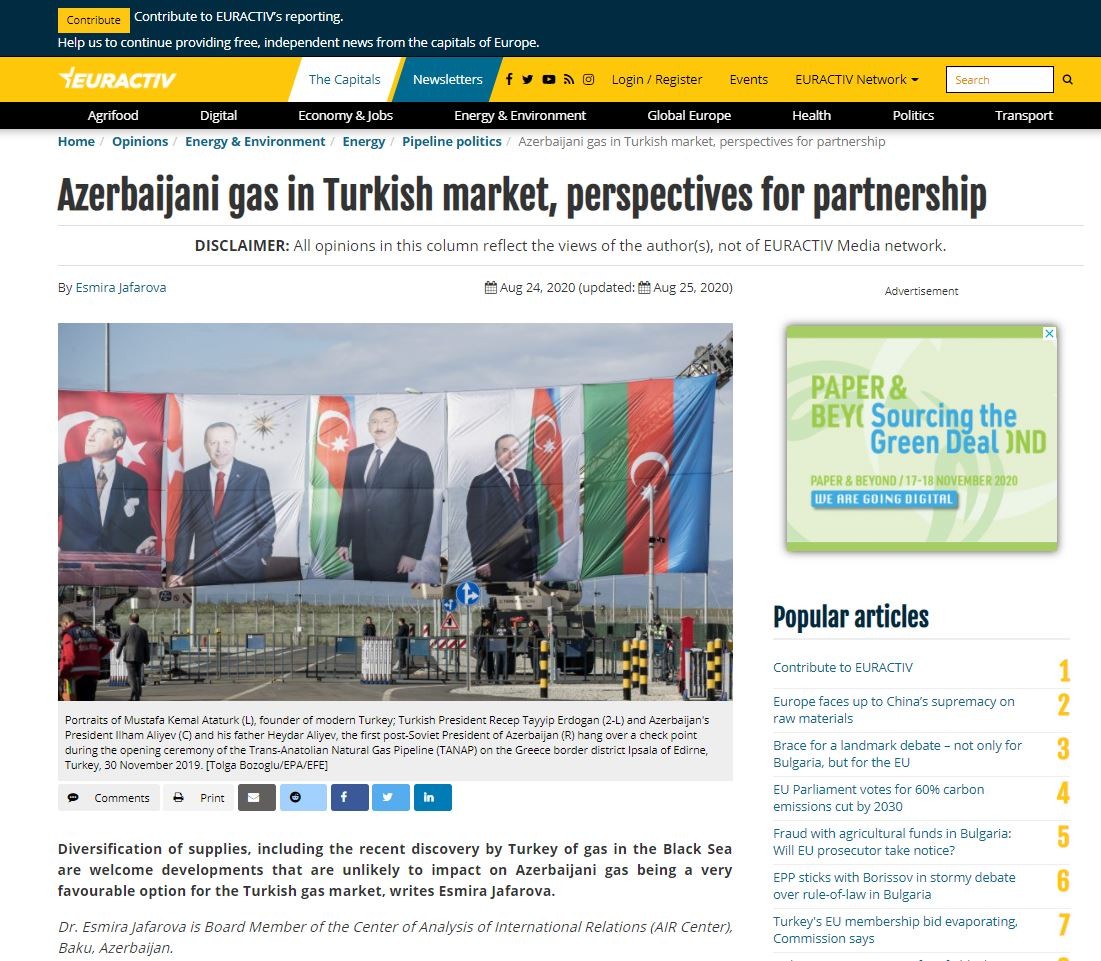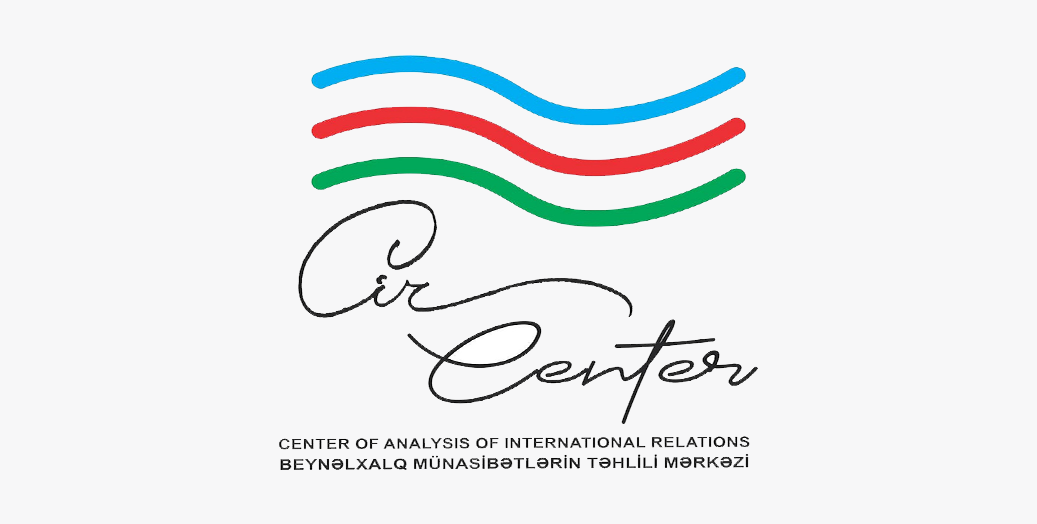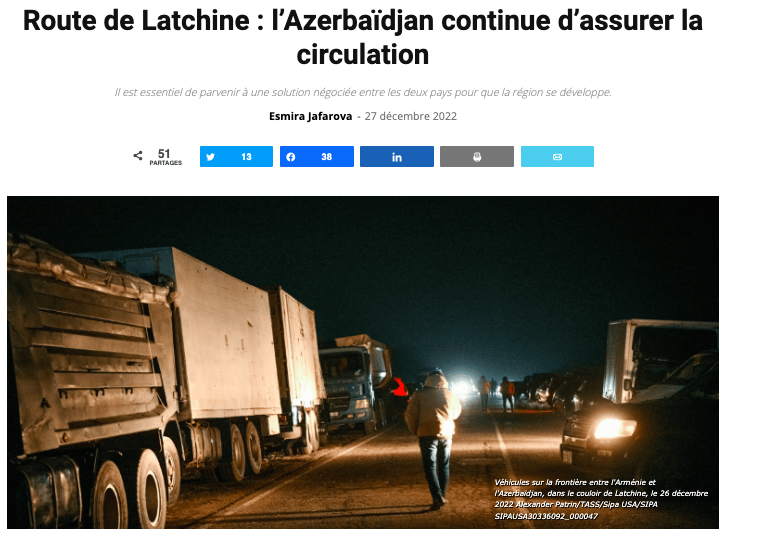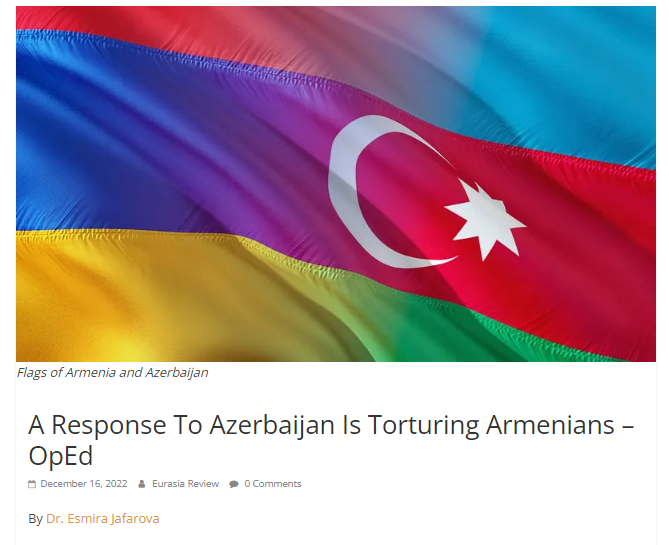Diversification of supplies, including the recent discovery by Turkey of gas in the Black Sea are welcome developments that are unlikely to impact on Azerbaijani gas being a very favourable option for the Turkish gas market, writes Esmira Jafarova.
Turkey and Azerbaijan have been strategic partners over the years since Azerbaijan regained its independence, and the two states also share close cultural, ethnic and kinship ties. This mutually beneficial cooperation spans across many spheres, including among others, also energy.
Upon signing of the “Contract of Century” in 1994 Azerbaijan together with its international partners started the exploitation of hydrocarbon resources of the Caspian Sea, and their transportation to world markets. Baku-Tbilisi-Ceyhan oil (2005) and Baku-Tbilisi-Erzurum (2006) gas pipelines further enhanced Azerbaijan’s role as an energy producer and exporter country. Azerbaijan’s gas reserves stand at around 2,6 trillion cubic meters and when the existing Baku-Tbilisi-Erzurum gas pipeline did not suffice for the transportation of Azerbaijan’s gas reserves, the idea of the Southern Gas Corridor was born.
The 3,500 km-long Corridor consists of four segments – “Shah Deniz-II” project, Southern Caucasus Pipeline Extension (SCPX), Trans Anatolian Pipeline (TANAP) and its final portion Trans Adriatic Pipeline (TAP) and passes through seven countries – Azerbaijan, Georgia, Turkey, Bulgaria, Greece, Albania and Italy.
The official inauguration ceremony of the Southern Gas Corridor happened on 29 May 2018 in Baku and Phase 0 of TANAP on 12 June 2018 in Eskishehir, Turkey. Later, Phase 1 of TANAP was inaugurated 30 November, 2019 in Ipsala, Turkey. Turkey is already getting gas via TANAP and since 30 June 2018 till 1 August 2020 6,3 billion cubic meters of gas was delivered to Turkey via TANAP.
Europe is expected to receive 10 billion cubic meters of Azerbaijani gas per year and first gas has already been pumped into the Albanian portion of TAP at late May. The Southern Gas Corridor is scheduled to be fully operational by fall 2020 and with the last weld in the pipeline being completed by end-July of this year TAP was 97% finalized. Works are being continued at full throttle and it seems that the challenges brought by COVID-19 cannot impede the successful completion of the Southern Gas Corridor.
Very recently, Azerbaijan’s gas exports in Turkish market started to increase thus taking up large share that previously belonged to the Russian Federation. In March his year 924.28 cubic meters of gas was exported to Turkey, which is 19,63% more compared to the same period of 2019. In the first quarter of 2020 Azerbaijan accounted for 18% (2.7 billion cubic meters) of gas in Turkish market, while Russia’s share in the same period decreased to 24.5 % (3.7. billion cubic meters) from 31% in the first quarter of 2019.
Beyond the fact that Azerbaijani gas comes in cheaper and therefore is a good alternative to the gas received from other sources, the commencement of TANAP lately also played a big part in facilitation of exports and increase of gas volumes received by Turkey. Turkey received 6,3 billion cubic meters of Azerbaijani gas in January-July of 2020 (exports via TANAP stood at 2,4 billion cubic meters), which is an increase of 24 % compared to the same period of the last year. However, other factors, such as increasing LNG imports, from the United States also influenced the reshuffling of the market share in Turkey. During the first quarter of 2020 Gazprom’s share dropped below 10% compared to 33% it stood in March 2019, while LNG imports from the US tripled during this time, standing at around 1 million tons.
Nonetheless, increasing gas imports from Azerbaijan to Turkey do not in any way indicate to any sense of competition. Russia and Azerbaijan have been partners rather than competitors in global energy market. After the signing of the Contract of Century and involvement of international partners in the exploration of hydrocarbon resources of Azerbaijan, Russian company Lukoil also joined the list of international partners. Baku-Novorossiysk oil pipeline commissioned in 90s represents another sign of this mutually beneficial partnership. The spirit of competition that potentially could have existed in the early years of development of Azerbaijan’s energy sector and opening to international markets morphed into the spirit of cooperation and partnership between Russia and Azerbaijan. This stands true also today, and in relation to gas projects implemented by the two countries.
Azerbaijani gas provides an alternative source and creates an additional opportunity for the European partners to diversify sources and routes of energy resources they receive for their needs. Europe vowed to move away from heavy dependence on a single source and provider of energy long time ago. Diversification therefore aligns well with Europe’s energy policy and is an essential element of its energy security. Together with its partners and through the Southern Gas Corridor, Azerbaijan is working towards the creation of European gas market that envisages competitiveness and diversification of sources and routes. Azerbaijani gas, therefore, fosters solid partnerships, alongside receiving continuous political and donor support for the greater benefit of Europe’s energy security.
Moreover, political connotations of decreasing Turkish gas imports from Russia should not also be overlooked and increasing gas volumes received by Turkey from Azerbaijan have to be analyzed with the consideration of pool of various political, domestic, external and material factors. Among these factors the latest developments involving Turkey’s exploration activities in the Black Sea and the eastern Mediterranean should be given due attention. In mid-July Turkey sent its “Oruc Reis” survey vessel in order to conduct exploration activities in the eastern Mediterranean and search for potential energy reserves. Later, Turkey also sent its drilling ship ‘Kanuni’ to conduct works in the unannounced area. Although the move put Turkey at loggerheads with some EU members, including Greece, who also claim the jurisdiction over the area, Turkey vowed to continue searching for new reserves of natural gas.
In parallel to activities in the eastern Mediterranean, Turkey also announced finding of new gas fields in the Black Sea, when its “Fatih-1” drilling ship discovered natural gas in two separate locations. In his address to the nation on August 21, Turkey’s President Recep Tayyip Erdoğan hailed the discovery of new gas field amounting to 320 billion cubic meters and noted that this field is just an excerpt of a big gas reserve lying underneath. He noted that Turkey will get on with the exploitation of this field and by 2023 Turkish people could already benefit from the gas extracted therein. The President also noted that this marks the beginning of the end of Turkey’s dependence on energy imports and the latter is aiming to become an energy exporter state in future. This development and Turkey’s determination to locate new gas fields will usher in a new era in Turkey’s natural gas consumption and import.
As was noted at the beginning, Azerbaijan and Turkey are strategic partners and share close cultural, historical and kinship ties. It is therefore natural that upon the completion of TANAP and the impending finalization of the Southern Gas Corridor, Azerbaijan increasingly became the leading natural gas supplier in Turkish energy market.
This strengthening energy partnership between the two states also foretells deepening cooperation between the two states in other spheres as well. Just very recently, during the visit of the delegation led by Minister of National Defense of the Republic of Turkey Hulusi Akar to Azerbaijan in mid-August, the President of the Republic of Azerbaijan Ilham Aliyev said that “…As you know, our relations in the political, economic and other spheres are an example for all countries. I have repeatedly said that there are no countries in the world today that would be as close and attached to each other as Turkey and Azerbaijan. And this is true…”.
Once Turkey successfully implements the exploitation of its newly discovered gas reserves, the country may indeed decrease dependence on energy imports in future. In the meanwhile, Azerbaijani gas will continue to remain as the most favorable option for Turkish gas market, given the associated political and economic benefits.







